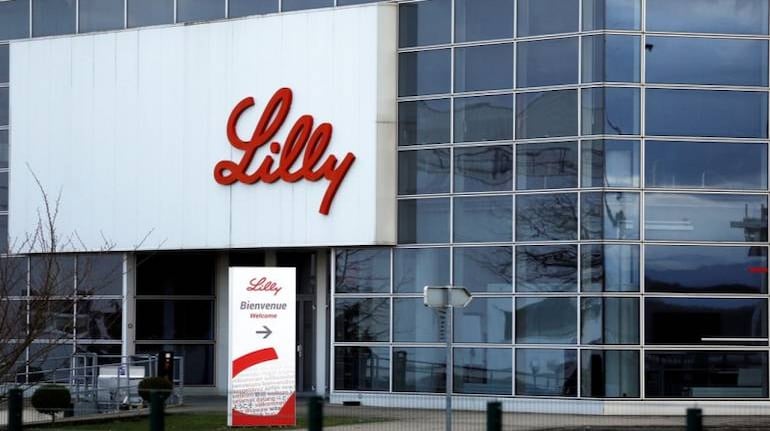
Eli Lilly and Co said on Monday first set of patients have been dosed in an early-stage trial to test its potential treatment for COVID-19, in the world's first study of an antibody treatment against the disease.
Lilly is one of several healthcare companies looking to develop a treatment for COVID-19, which has no approved treatment or vaccine and has caused over 370,000 deaths worldwide.
The study will assess safety and tolerability in patients hospitalized with COVID-19 and results are anticipated by the end of June, the company said in a statement.
The experimental treatment, LY-CoV555, has been developed through collaboration with privately held AbCellera Biologics, which Lilly partnered with in March to test antibodies to treat and prevent COVID-19.
Lilly said the antibody treatment was developed after it was identified from a blood sample taken from one of the first U.S. patients who recovered from the lung illness, caused by the new coronavirus.
The company said it expects to move into the next phase of testing, studying the potential treatment in non-hospitalized COVID-19 patients, if the drug is shown to be safe.
Follow our full coverage of the coronavirus pandemic here.
Discover the latest business news, Sensex, and Nifty updates. Obtain Personal Finance insights, tax queries, and expert opinions on Moneycontrol or download the Moneycontrol App to stay updated!